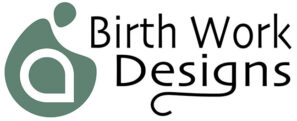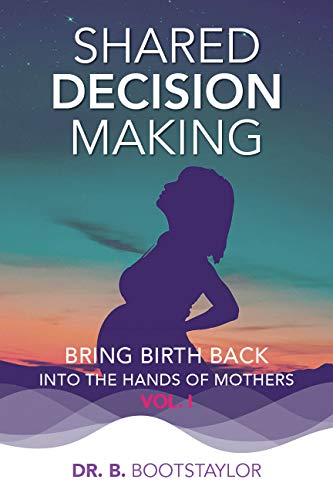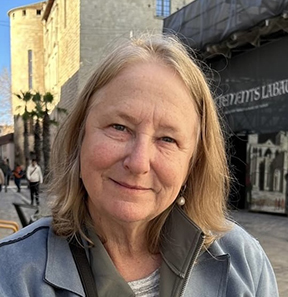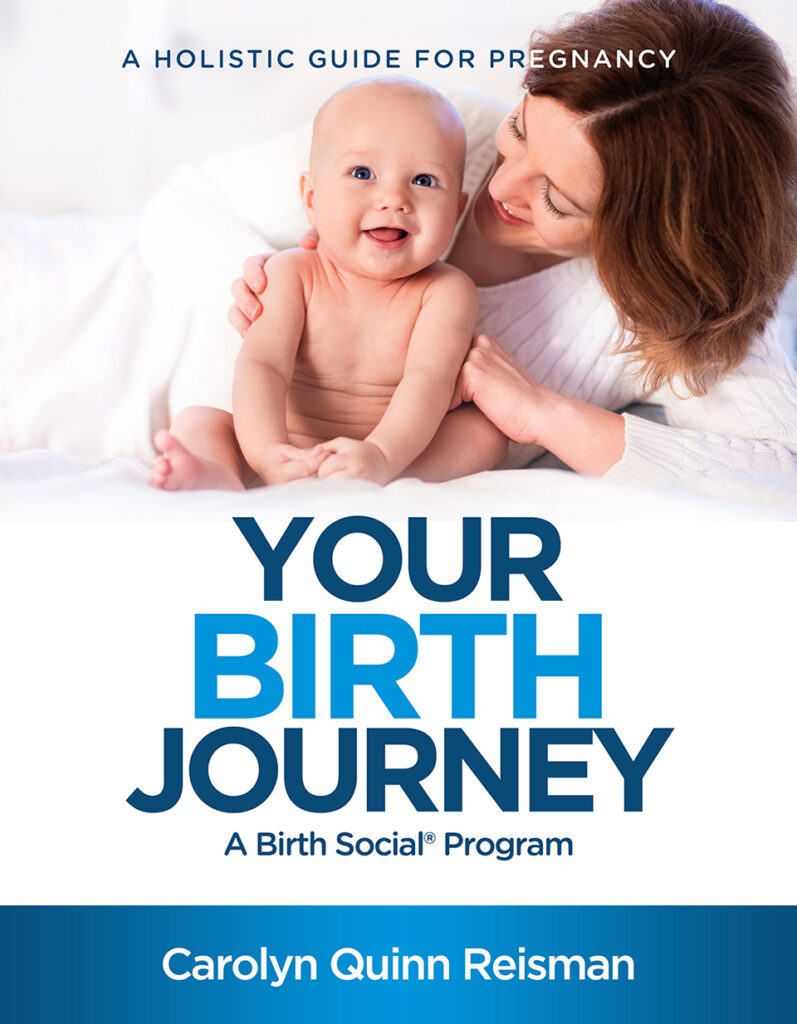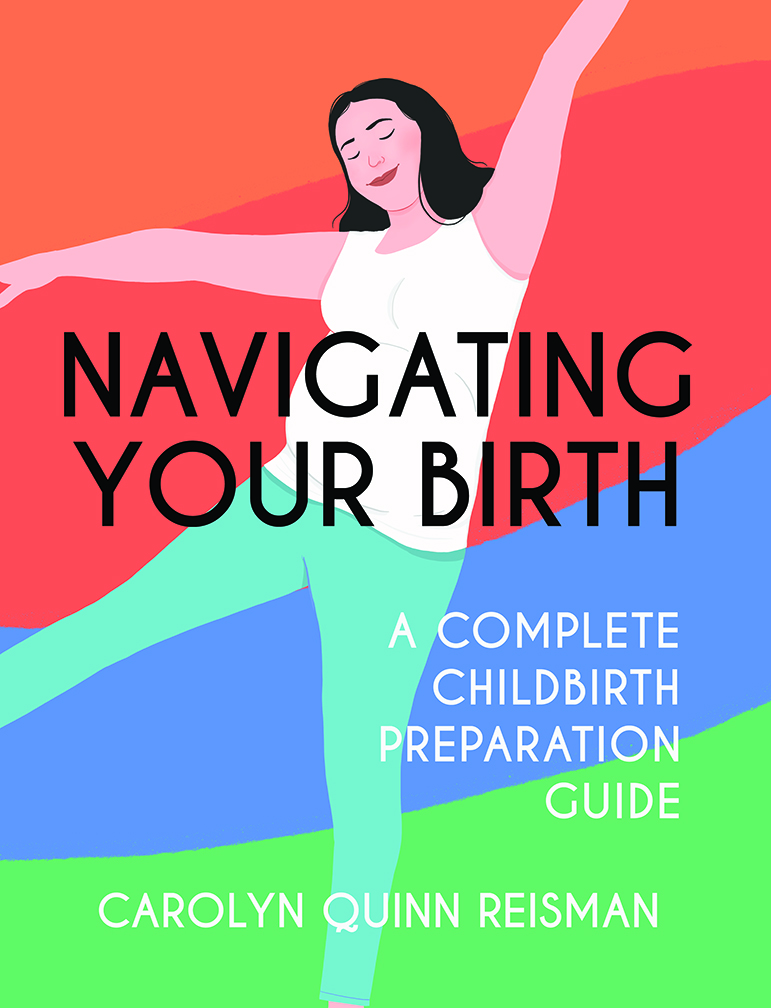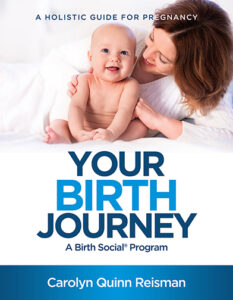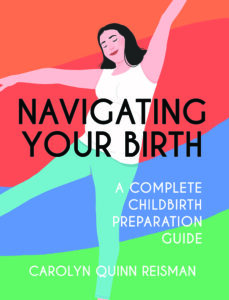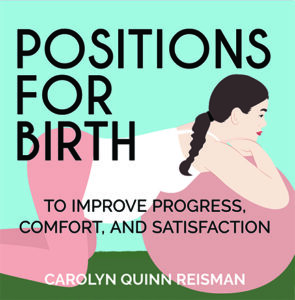When carrying a baby that is entirely dependent on you, you have the duties that fall on a manager. As a manager, you have the power and responsibility to make decisions and oversee the events of your pregnancy. You manage your health, diet, supplements, and important decisions concerning you and your baby’s care. That is a lot to manage for most women, and so they turn to a myriad of family, friends, blogs, books, and more. They also turn to their midwives or health care providers for guidance.
Your health care provider, whether a midwife or physician, should turn to models of shared decision making and evidence-based practice. They have an ethical obligation to engage in the process of shared decision-making with parents in their care. The concept of shared decision-making differs from the interpretation of informed choice. An informed choice can suggest a one-way flow of information, implying compliance with practitioner recommendations. An informed choice can also convey the misleading sense that decisions are made independent of a practitioner’s input.
Shared decision-making, however, captures the inherently relational quality of the exchange that ought to take place in discussions regarding all health care decisions – paired with informed consent and choice.
As a midwife, I know the importance of working in partnership with each parent I serve and recognize there is a mutual responsibility in the decision-making process. It is the heart of midwifery to honor your values, beliefs, intuition, experience, knowledge, and the right to determine your own relationship to risk. At the same time, midwives draw upon the best available evidence and professional expertise as well as their own values, beliefs, intuitions, and experiences.
Participate in Discussion
In the shared decision-making process, the interests of pregnant women and their providers most often converge rather than diverge. When the issue is a controversial one, your provider should invite you to participate in the process of critical inquiry in order to understand the political, social, and medical-legal context in which you are making your decision. Dr. Brad Bootstaylor, author of Shared Decision Making, discusses the 3-Talk model of shared decision making:
- Choice Talk: providing support and guidance to patients as they are made aware of their choices.
- Option Talk: comparing alternatives.
- Decision Talk: arriving at a decision.
Brad Bootstaylor is board certified in Obstetrics and Gynecology and Maternal-Fetal Medicine by the American Board of Obstetrics and Gynecology. He is well known as a defender of women’s rights and choices in childbirth, including a woman’s right to give birth at home. He is a rare gem among physicians!
